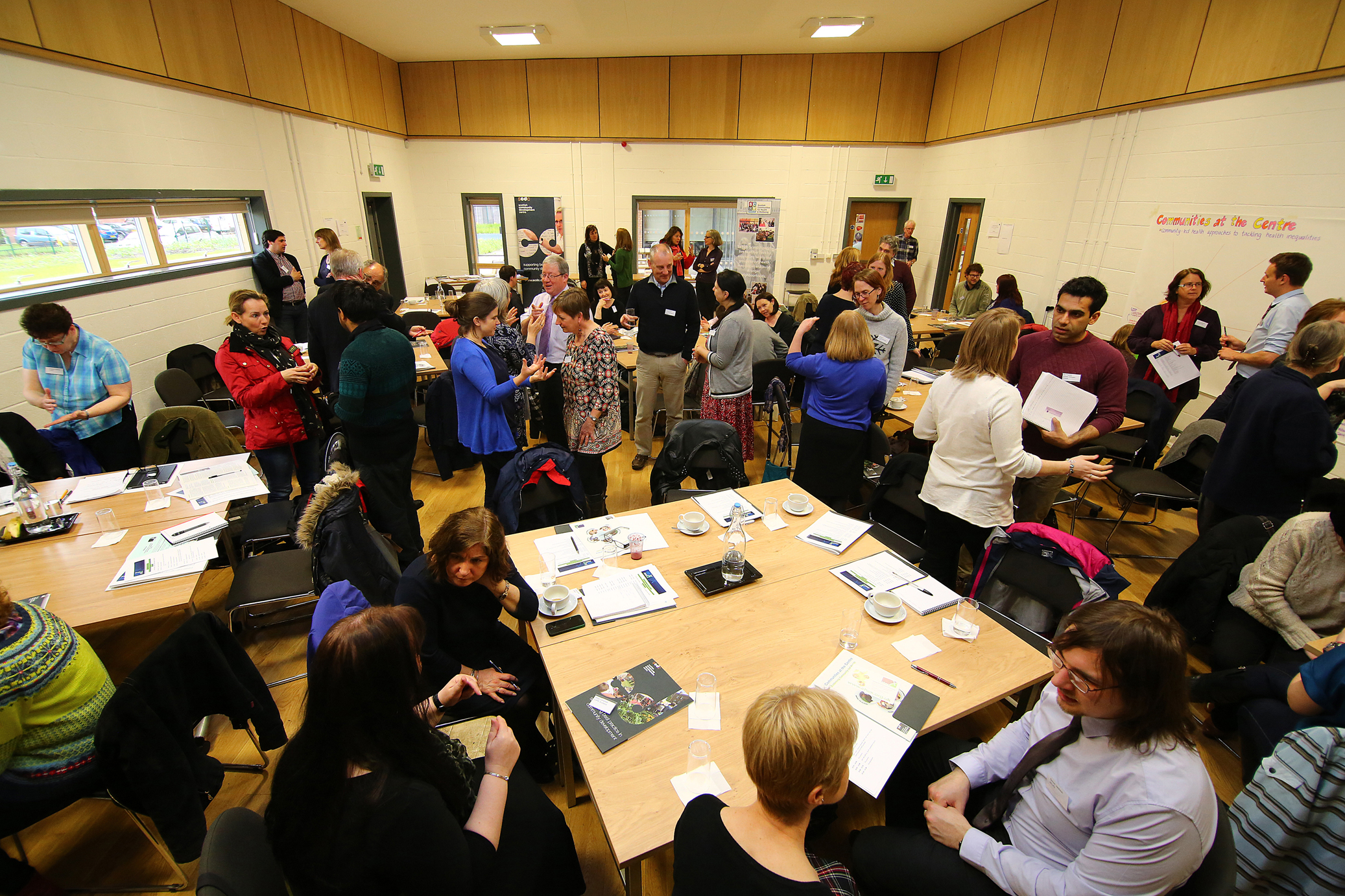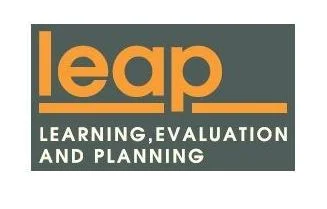Strengthening Community Councils
/Community Councils
Exploring how community councils can
contribute to democratic renewal in Scotland.
Oliver Escobar, What Works Scotland
April 2019
Imagine a democratic body that...
 Acts as a bridge between citizens and public authorities. |
 Works at a local level, open to all citizen to attend meetings and take part in public deliberation. |
|
 As with other democratic institutions, works more democratically when interest, awareness and voting turnout are higher |
 Enables people to engage in political decision making and current issues, without having party politics as a basis for contribution. |
|
|
 Has, in some places, been leading the way using new ‘empowering’ legislation and democratic innovations. |
The above is true for many, if not most, Community Councils in Scotland.
About this report
This report from SCDC and What Works Scotland explores how community councils can be even more relevant in Scotland’s evolving policy context, especially as public service reform continues through the Local Governance Review.
We’ve heard from more than 600 people involved in community councils to hear about the role they play in our democratic landscape - and what could change to improve how they represent local communities going forward.
Our recommendations...
CCs have the potential to be a vehicle for community empowerment and democratic renewal in Scotland and strengthening them should be considered amongst different options for improving local democracy within the Local Governance Review currently co-led by the Scottish Government and the Convention of Local Scottish Authorities.
Our findings make a strong call for reforming CCs through giving them enhanced power and increased resources while supporting them to involve and engage with their wider communities and to become more representative of diversity.
There is not necessarily a conflict or contradiction between the need for CCs to have more influence and the need for them to be more democratic and representative of diversity. If these dimensions are tackled simultaneously, they will reinforce one another
Support is needed for CCs to be more democratic and empowering. This includes training, capacity building, resources, networking and promotion. Councils should review their current support for CCs and, in collaboration with the Scottish Government, put in place resources to improve CCs' capacity to meet local needs and aspirations.
Where an appetite exists, development and support should be provided for local CC associations as a source of information and support for CCs and a regular point of contact for local authorities and other agencies.
Compensation schemes should be put in place to support community councillors with accessibility, travel, caring responsibilities, and even loss of earnings. Otherwise, the system is not genuinely open to young people, single parents, disabled people, carers, low paid workers and the self-employed, etc.
In order to make CCs more representative of diverse groups and perspectives, consideration should be given to new measures regarding CC membership, including increasing the size of CCs, widening the criteria for who can join and making use of alternative forms of democratic selection to complement elections.
The Scottish Government should conduct a marketing campaign aimed at raising awareness of CCs, demonstrating impact and increasing CC membership.
Reforms should be carefully designed to allow variance so that local needs can be met. CCs work in contrasting parts of Scotland, are at different stages and will require a flexible range of powers and support. This should vary between and within local authority areas.
Going forward
The report was launched in April 2019, and we heard lots of great ideas about the research and how we can take it forward.
Here some of the issues people talked about:
There was a big focus on representation in community planning and other decision-making structures.
The need was identified for people with particular skills to support community councils.
It is vital that community councils are valued.





















 Consists of people who volunteer, unpaid, to help address issues on behalf of their local community.
Consists of people who volunteer, unpaid, to help address issues on behalf of their local community. Has been found internationally to be sometimes more diverse than ‘higher-tier’ democratic institutions.
Has been found internationally to be sometimes more diverse than ‘higher-tier’ democratic institutions.
 Is a way for people with little experience of politics to get involved.
Is a way for people with little experience of politics to get involved.




